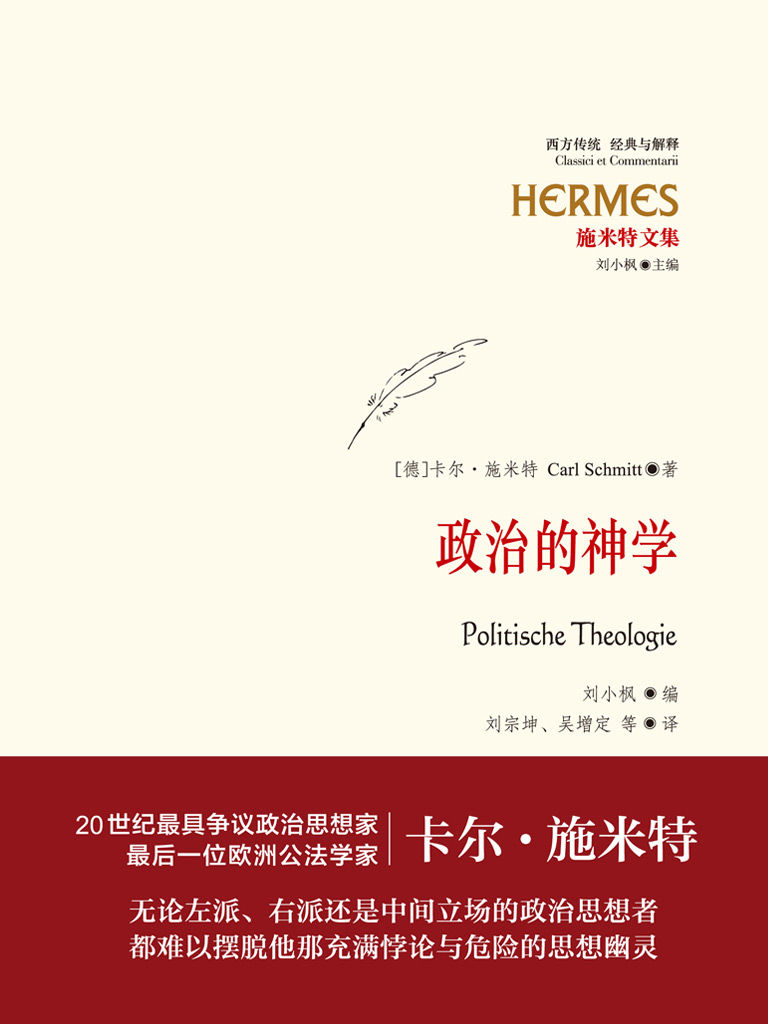
If, at the time of Carl Schmitt’s death in 1985, one had predicted that the former Nazi jurist would soon become a major source of inspiration for twenty-first-century Chinese neo-conservatives’ theorisation of China’s party-state…well, then most people would have dismissed this prediction out of hand as a plainly ludicrous thought. Yet, strangely and disconcertingly, this is precisely the role that was assigned to the erstwhile “crown jurist” of the Reich in the past two decades. That Schmitt’s thought now serves as a conceptual (and, for some, quasi-metaphysical) guidance in the interpretation of China’s constitutional order is no longer a secret, as attested by a growing body of research.
Lucas Brang’s new paper (free draft here) taps into this ongoing debate about Schmitt’s unexpected reemergence to global intellectual prominence. Shifting between conceptual analysis and constitutional theory, Brang traces Schmitt’s influence on Chinese liberal, left-leaning, and neo-conservative legal theorists. Rather than postulating a straightforward bearing on Chinese theoretical debates, however, his article finds that, after an initial controversy, Schmittian conceptual binaries gradually sunk into the deeper layers of the Sinophone legal discourse. Likewise, Schmitt’s oeuvre, rather than being adopted in its entirety, serves as a conceptual toolbox that lends itself to different normative projects.
Focusing in particular on Schmitt’s impact of the school of “political constitutionalism”, Brang shows how different authors employ different “strategies of reception” to make sense of Schmitt’s anti-liberal “challenge” and use of his terminological arsenal. For instance, Chen Duanhong draws on Schmitt’s constitutional theory for a “decisionist” and “existentialist” reading of the preamble of the Chinese constitution, thus providing a theoretically sophisticated apology for party-leadership as China’s “fundamental law” and core constitutional value. Jiang Shigong, on the other hand, seems to adopt Schmittian notion of “thinking in concrete orders” in his sociological account of China’s “unwritten constitution”. Gao Quanxi, finally, in a throwback to Ernst-Wolfgang Böckenförde’s post-war inquiry into the political preconditions of a liberal polity, attempts what Brang describes as a “conceptual inversion” of the Schmittian paradigm of the exception.
On the whole, the paper suggests that the history of Chinese political constitutionalism and the Chinese reception of Carl Schmitt is essentially one of an intellectual co-evolution – which serves as a stark reminder of the often-unexpected paths of contemporary legal globalisation.
You can find the paper published in the latest issue of the Cambridge University Press Journal Global Constitutionalism here. A free draft PDF ist online here.
